News flash: your chats with ChatGPT can be used against you in a court case.
OpenAI’s CEO, Sam Altman, just revealed on Theo Von’s podcast that ChatGPT private conversations lack legal protection. This means that, unlike your discussions with your therapist, doctor, or lawyer, which cannot be released as evidence in court, ChatGPT conversations are very much admissible.

Why is this of concern? More and more people are starting to depend on ChatGPT for serious, personal issues. Because of its intensive training on massive datasets of human-generated text, ChatGPT can “chat like a human.”
Therefore, many express their feelings to the AI as though they were talking to a friend. This may include personal information about plans, relationships, etc. Now, if you were embroiled in a lawsuit, a court could request your ChatGPT chat history, and for now, there’s nothing you or the AI can do (legally) to say no.
As ChatGPT now gets over a billion visits per week as per latest data reports from datareportal, many people are likely to converse intimately with the AI. Therefore, there’s a rising need to give some sort of legal protection to ChatGPT conversations. But it doesn’t exist for now.
So what should you do to stay safe? Be careful what you share with ChatGPT. Don’t share it with the AI if you wouldn’t want it out to the public. While it may respond sweetly like your therapist or doctor would, remember, it doesn’t have the doctor-client or therapist-client privilege these professionals have. This is one of the disadvantages of AI in healthcare we wrote about earlier.



